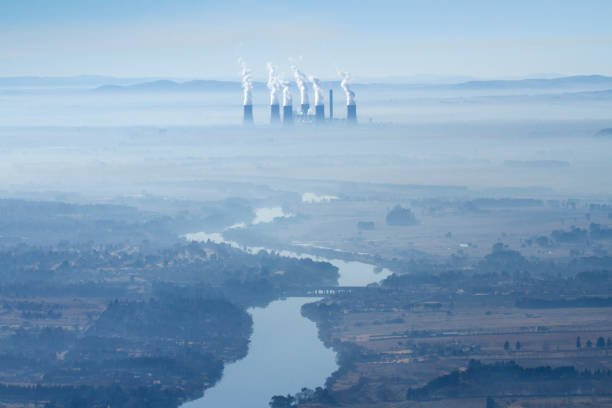Five Activities that the Citizens can do to Reduce the Use of Electricity
Skip to content
Skip to sidebar
Skip to footer
Five Activities that the Citizens can do to Reduce the Use of Electricity
Five Activities that the Citizens can do to Reduce the Use of Electricity


